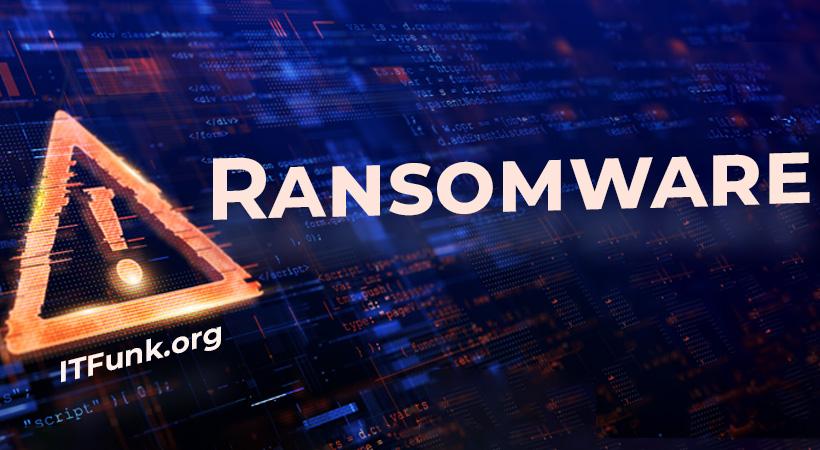In the perilous realm of cyber threats, SomeOrdinaryGamers Mutahar emerges as a ruthless ransomware variant within the Makop family. This malicious software encrypts files, alters desktop wallpapers, and presents a ransom note (“+README-WARNING+.txt”), coercing victims into paying for file recovery. Delve into the intricate actions, consequences, detection methods, and preventive measures associated with the SomeOrdinaryGamers Mutahar ransomware, shedding light on its ominous impact on digital security.
SomeOrdinaryGamers Mutahar: Actions and Consequences
Operating as a crypto virus, SomeOrdinaryGamers Mutahar encrypts files and appends a string of random characters, the email address “someordinarygamers@nanozebra.com,” and the “.SOG” extension to filenames. This encryption process leaves victims with inaccessible files, effectively altering the file structure and rendering data unusable.
The ransom note issued by SomeOrdinaryGamers Mutahar notifies victims about the file encryption and explicitly demands payment for file recovery. It offers a test decryption as a gesture of assurance but advises against independent file restoration attempts. Victims are cautioned about the consequences of non-compliance and instructed on the decryption process post-payment, with promises of receiving decryption tools and detailed instructions.
SomeOrdinaryGamers Mutahar: Detection Names and Similar Threats:
Detection names for SomeOrdinaryGamers Mutahar include Avast (Win32:Evo-gen [Trj]), Combo Cleaner (Gen:Variant.Ransom.Makop.149), ESET-NOD32 (A Variant Of Win32/Filecoder.Phobos.E), Kaspersky (HEUR:Trojan-Ransom.Win32.Generic), and Microsoft (Ransom:Win32/Phobos.PB!MTB). Vigilance and updated security software play pivotal roles in promptly detecting and mitigating such threats.
Similar threats within the ransomware landscape include Cdaz, LIVE TEAM, and Shuriken, each presenting distinct encryption techniques and ransom demands. Awareness of these threats is crucial for devising robust cybersecurity strategies.
SomeOrdinaryGamers Mutahar: Removal Guide
If you suspect SomeOrdinaryGamers Mutahar infection, follow these comprehensive removal steps:
- Isolate the Infected System: Disconnect the compromised computer from the internet and any network-shared devices to prevent further encryption or spreading within the network.
- Ransomware Detection: Utilize reputable antivirus software to conduct a full system scan and identify the presence of SomeOrdinaryGamers Mutahar.
- Manual Removal (if necessary): Follow manual removal instructions specific to SomeOrdinaryGamers Mutahar’s characteristics, aimed at neutralizing its impact.
- Data Recovery: Attempt data recovery using available backup copies, as paying the ransom is discouraged due to uncertain outcomes.
- Security Updates: Ensure operating system and security software are updated to patch vulnerabilities and strengthen defenses against future threats.
Preventing Future Infections
To mitigate the risk of ransomware infections, adhere to these proactive measures:
- Exercise Caution Online: Avoid clicking on suspicious links, opening email attachments from unknown sources, or downloading files from unreliable websites.
- Regular Backups: Maintain consistent backups of critical data to enable recovery without succumbing to ransom demands.
- Software Updates: Keep operating systems and security software updated to patch vulnerabilities and bolster overall security.
- User Education: Foster awareness among users about cybersecurity risks, emphasizing cautious online behavior and recognizing phishing attempts.
- Network Security Measures: Implement robust network security measures, including firewalls and intrusion detection systems, to fortify against external threats.
Conclusion
SomeOrdinaryGamers Mutahar epitomizes the sophisticated and impactful nature of ransomware threats, highlighting the critical need for proactive cybersecurity measures. By understanding its actions, detection methods, and preventive strategies, users can fortify their defenses and navigate the digital landscape with heightened vigilance and resilience against such malicious attacks.





